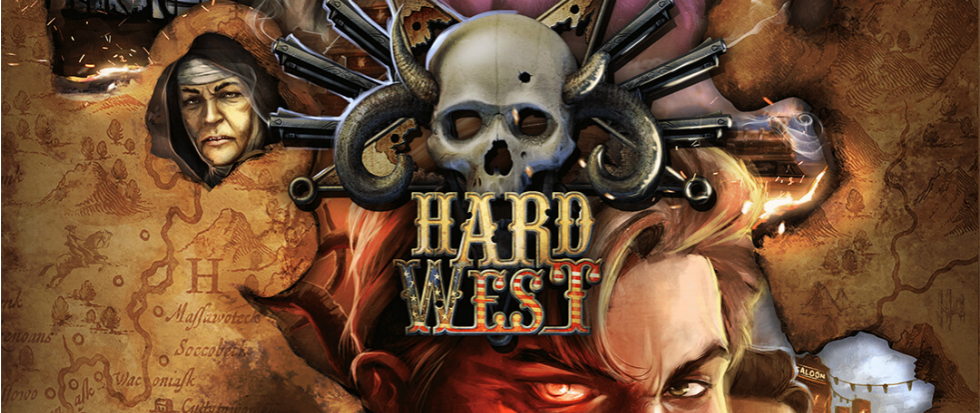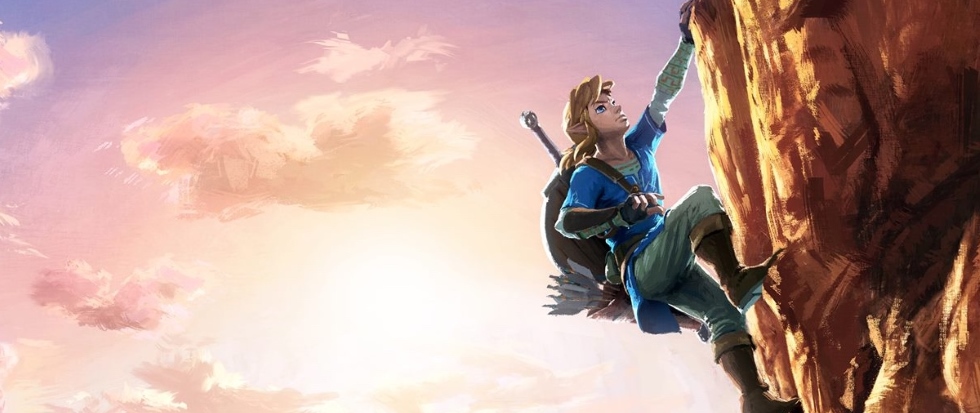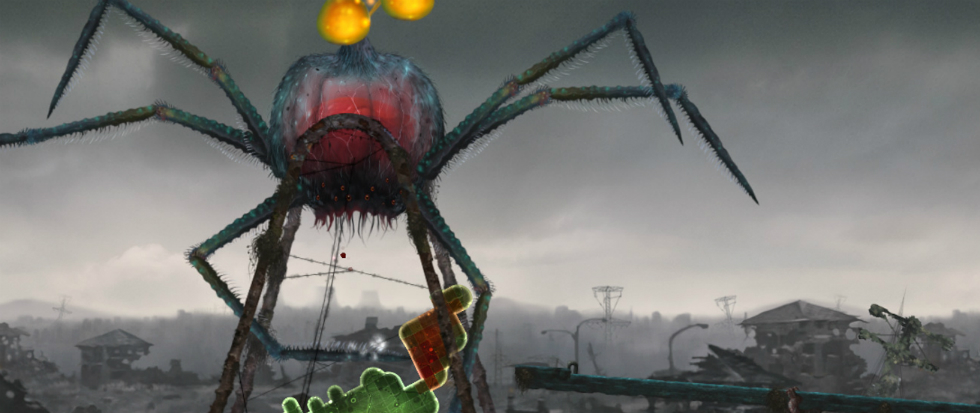
PRACTICE: Game Design in Detail
Lately I’ve been thinking a lot about what games criticism is supposed to do. Though I’ve been a writer for years, I’m new to this form, and I grapple with the kinds of pieces I want to make and why. What am I doing when I write about a game? Am I duty-bound to tell people about something I enjoyed, another arm of the PR machine? Is the relationship between critics and developers a reciprocal one, or are we on opposite sides of the medium? Do I owe developers something? Do they owe me?
I had a lot of time to think about this at last weekend’s PRACTICE at the NYU Game Center. This two-day conference was dedicated to game design deep dives, asking various creators to present on the ins and outs of their process. By developers and for developers, many presentations were extremely granular and specific, such as Ben Ruiz discussing each step of designing combat for fighting games, or Itay Keren going in-depth into creating the physics for his game Mushroom 11.
While initially topics I knew nothing about (and admittedly had no interest in), hearing both speakers thoughtfully and rigorously discuss their passion got me excited about them. It was energizing and fascinating to see the care with which they worked and their consideration of all the potential ramifications.
Other presentations were less technical but equally in-depth. Erik Svedang discussed building the fragile, breakable world of Else Heart.break, unpacking how its design doesn’t shield players from potentially breaking the game, like so much tech does today. Mare Sheppard talked about designing the player experience for n++ and its predecessors, revealing the high level of work and attention that went into crafting flexible, expressive player experiences. Leslie Scott, the designer of Jenga, presented the history and minutiae of a game that’s such a household staple that I had never even thought of it as being designed.
These topics helped me feel that games are something we’re all wrestling with rather than something 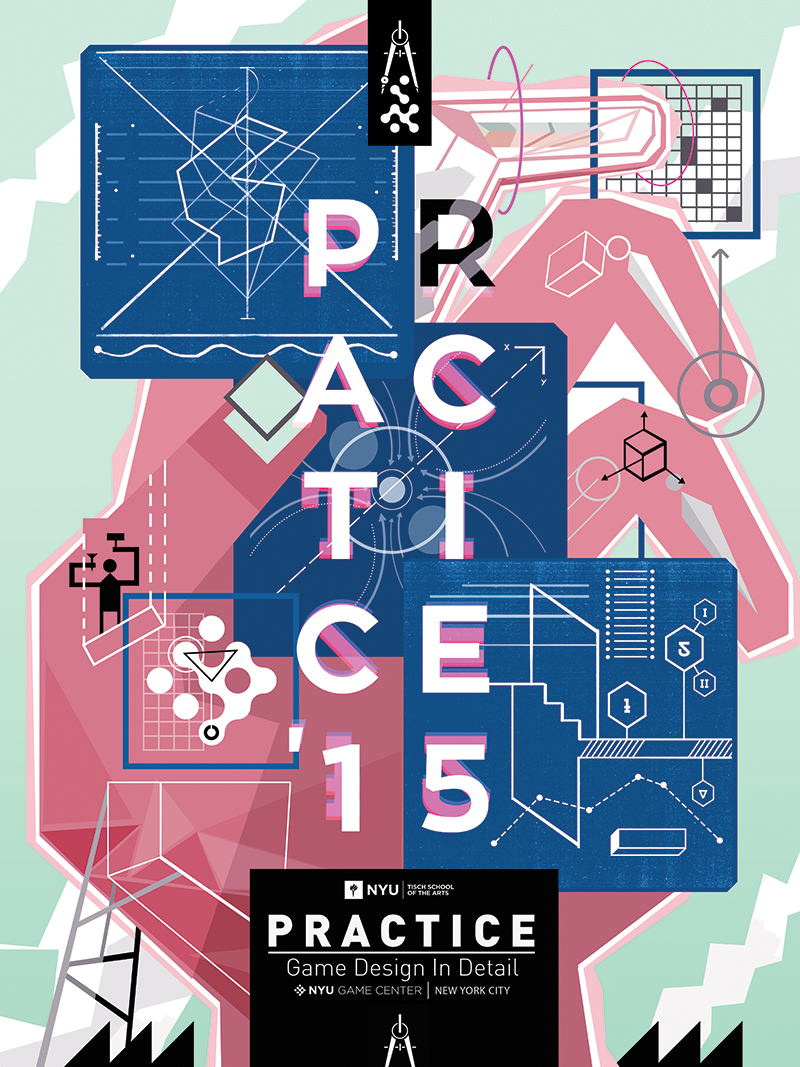 created by developers and then given to me to evaluate. Both critics and designers struggle to convey something with games, to give our audiences a
created by developers and then given to me to evaluate. Both critics and designers struggle to convey something with games, to give our audiences a
particular experience. I was able to see how what we do is so different and yet so similar.
The weekend also featured lunch topics for designers to discuss; a series of in-the-moment feedback sessions, and an “open problems” track that gave attendees four minutes to present a creative problem and solicit rapid-fire suggestions. I was fascinated by the breadth of the things participants were struggling with, and the answers ranging from the heavily technical, to the hugely philosophical. In many ways I felt like a spy, a journalist hidden among developers, but these conversations felt at once foreign and relatable. Working on a column over lunch while keeping one ear tilted toward the talk swirling around me, I felt like we were all busily at work on the same thing, even if it takes different forms.
On Saturday I had dinner with some other critics, and our conversation turned to the ins and outs of 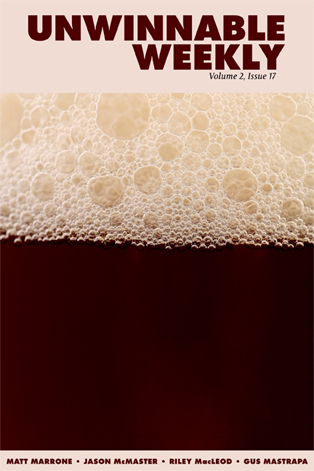 what we do as naturally and specifically as PRACTICE’s lunchtime talks had for developers. On Sunday, Leigh Alexander gave the closing talk, summing up the weekend’s discussions and
what we do as naturally and specifically as PRACTICE’s lunchtime talks had for developers. On Sunday, Leigh Alexander gave the closing talk, summing up the weekend’s discussions and
themes. Starting from a brief send-up of topics like agency, choice and power, she explored her role and the role of critics, echoing much of my dinnertime talk.
She entreated attendees to “develop a solution for the memory problem our field has,” worrying that our forward momentum causes us to reinvent the wheel and forget to build on the work of the past. I watched designers listen to her discuss criticism with the same rapt attention I had given to them discussing code.
Leigh told participants, “You here are exceptional; that’s the bad news,” but I hope that statement is less true than it seems. PRACTICE’s focus on conversation—between experts and students, designers and critics, and between colleagues of all levels—created a welcoming, lively and productive space that has the potential to offer so many useful things to games. I came away from the weekend with a renewed passion to explore what I’m doing with games and with a better understanding of our similarities, as well as our differences.


